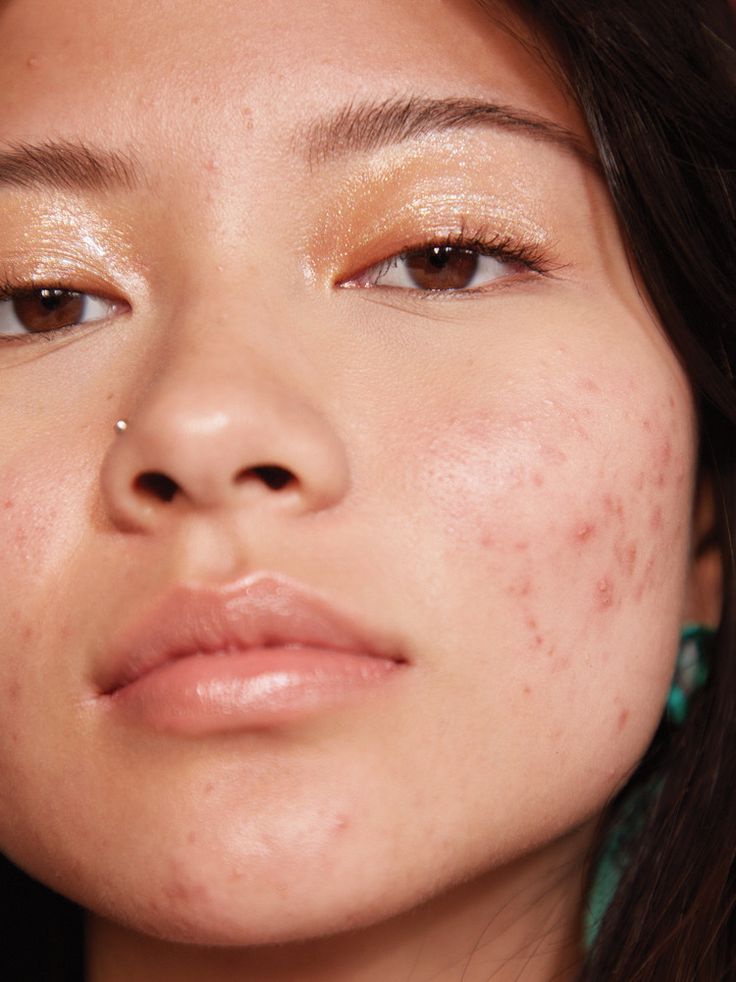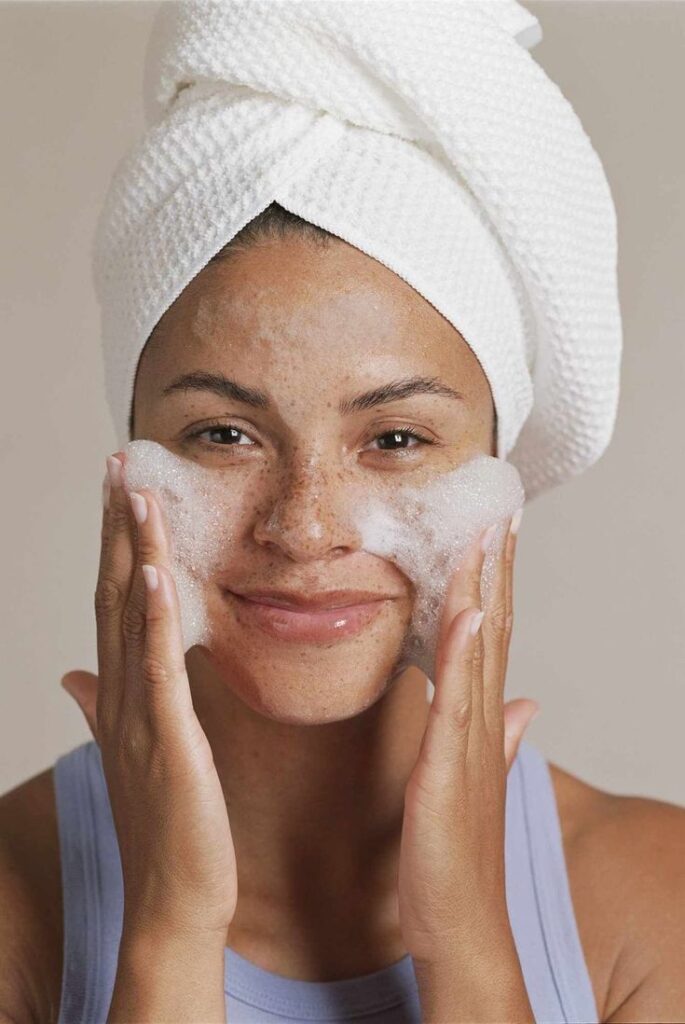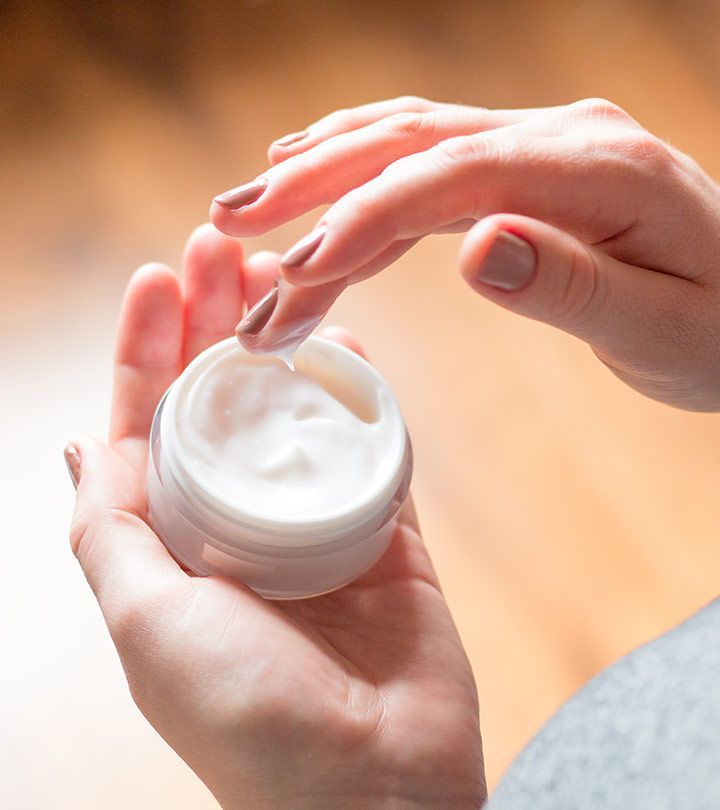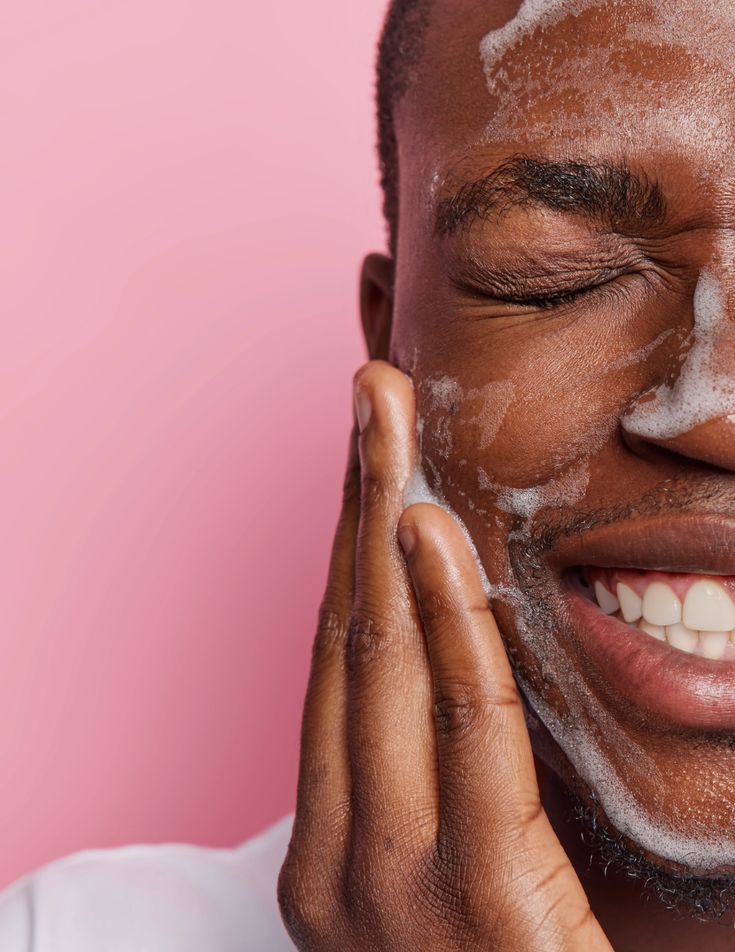
Dealing with oily skin can be a challenge, but with the right tips and tricks, it’s possible to manage and maintain a healthy complexion. In this guide, we’ll explore the causes of oily skin, common mistakes in skincare routines, and effective strategies to keep oiliness at bay.

Oily skin is often a result of overactive sebaceous glands, leading to excess oil production. Understanding the science behind oily skin helps individuals make informed decisions about their skincare routines.
Recognising the signs of oily skin is crucial for developing an effective skincare routine. Characteristics such as enlarged pores, frequent acne breakouts, and a shiny complexion are indicators of oily skin.
Common Mistakes in Oily Skin Care
Many individuals make the mistake of using harsh products to combat oiliness, which can exacerbate the issue. Over-cleansing the skin can strip away natural oils, prompting the sebaceous glands to produce even more.
Choosing the Right Skincare Products
Non-comedogenic products, specifically designed for oily skin, can make a significant difference. Ingredients like salicylic acid and hyaluronic acid help control oil production while maintaining skin hydration.

Effective Daily Skincare Routine
Establishing a daily skincare routine is essential for managing oily skin. A simple yet effective routine involves gentle cleansing, toning, and moisturising. Using oil-free products ensures a balance between hydration and oil control.
DIY Masks for Oily Skin
Natural ingredients like clay, yoghurt, and aloe vera can be used to create DIY masks that help regulate oil production. These masks can be a cost-effective and natural addition to a skincare routine.

Balancing Diet for Healthy Skin
Diet plays a vital role in skin health, and individuals with oily skin should focus on a balanced diet rich in fruits, vegetables, and omega-3 fatty acids. Avoiding excessive consumption of fried and greasy foods can also contribute to healthier skin.
Hydration Tips for Oily Skin
Contrary to popular belief, oily skin needs hydration. Water-based moisturisers are ideal for oily skin types, providing the necessary moisture without clogging pores.
Managing Makeup for Oily Skin
Choosing makeup products labelled “oil-free” and setting powders can help control shine throughout the day. Regularly cleaning makeup brushes prevents the accumulation of bacteria that can exacerbate oiliness.

Dealing with Oily Skin in Different Seasons
Oily skin may react differently to changing seasons. Adjusting skincare routines, using appropriate products, and staying hydrated are essential for managing oiliness in both hot summers and dry winters.
Professional Treatments for Oily Skin
For individuals seeking more advanced solutions, dermatological procedures such as chemical peels and laser treatments can help regulate oil production. Consulting with a skincare professional ensures personalised advice.
Lifestyle Changes for Oily Skin Management
Stress can trigger excessive oil production, so incorporating stress-relief activities like yoga or meditation is beneficial. Lifestyle changes, including sufficient sleep and regular exercise, contribute to overall skin health.
Preventing Acne Breakouts
Oily skin is often associated with acne, but preventive measures like using gentle cleansers, avoiding pore-clogging products, and maintaining a healthy diet can reduce the likelihood of breakouts.

Managing oily skin requires understanding its nature, adopting the right skincare routine, and making lifestyle adjustments. By following these tips and tricks, individuals can achieve a balance that promotes healthy, radiant skin.





Thank you for the effective tips. My oily skin is now balanced.
You are welcome. Glad we could be of help